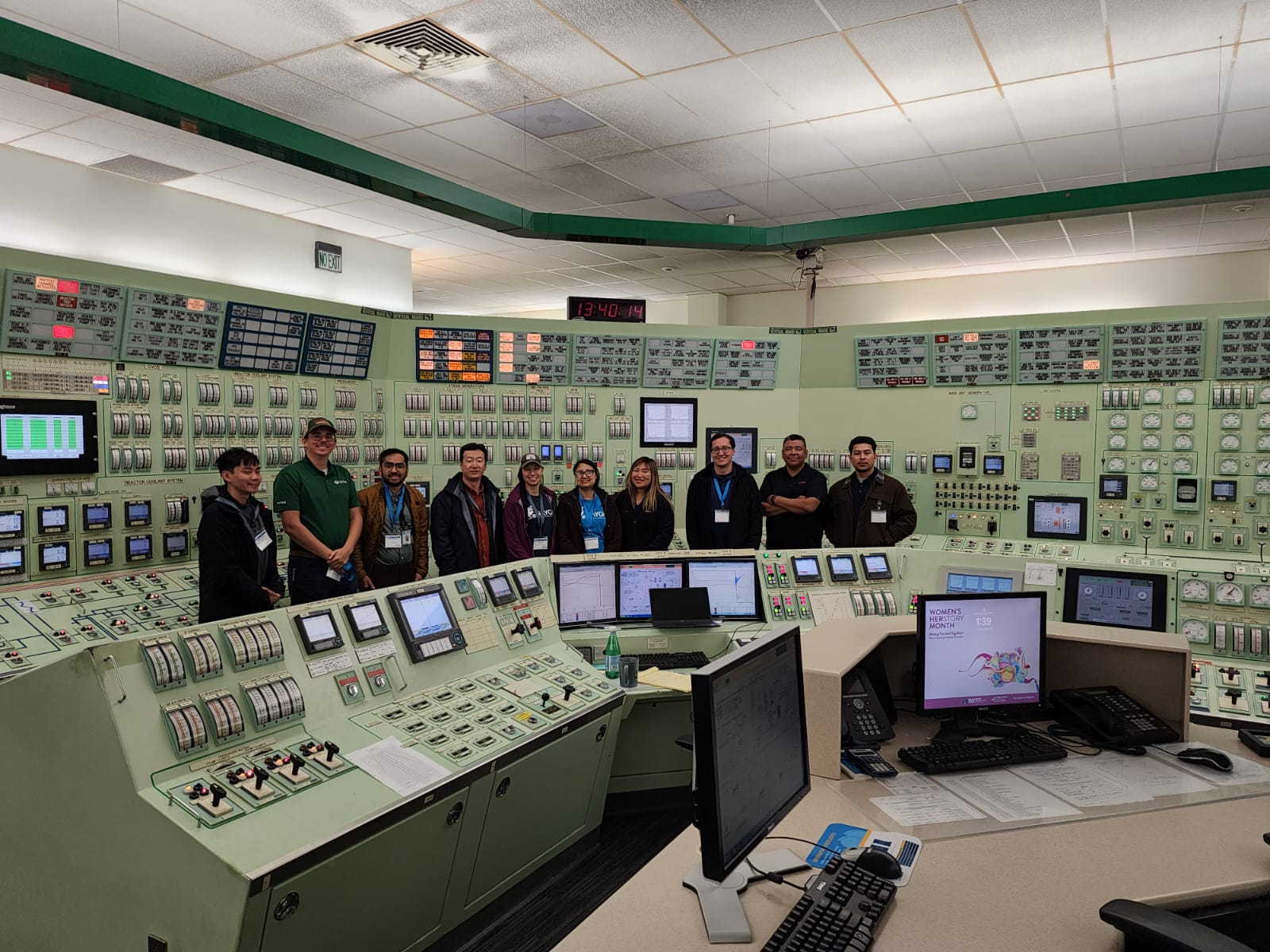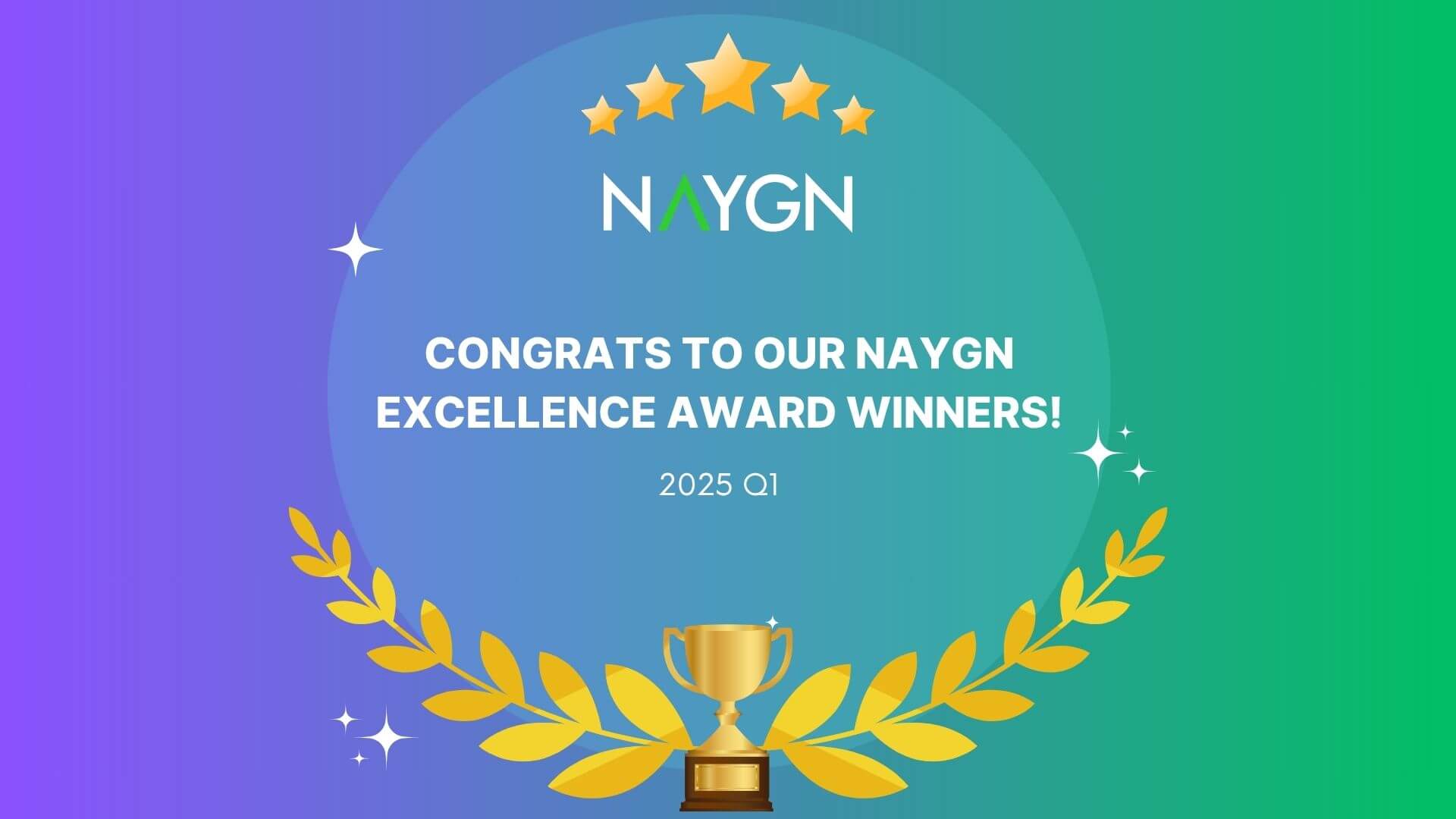NAYGN Members Help Define the Future of Nuclear Energy
The Aspen Institute Energy and Environment Program (EEP) started in the mid-1970’s, in the aftermath of the oil embargo, has been a place that convenes on tough energy and environmental issues at critical times. One of the toughest and most critical energy conversations right now is the shutting down of nuclear power plants before their end of life. Because of the risk of additional plants shutting down and resulting in setbacks to the 2015 climate agreement, the EEP created the first ever Future of Nuclear Energy Forum. The Future of Nuclear Energy Forum was held in 2016 to bring together thought leaders to discuss the future of nuclear energy in the nation’s energy portfolio.
The conversation was led by Phil Sharp, former Congressman from Indiana and President of Resources for the Future, and Stephen Kuczynski, Chairman, President, and Chief Executive Officer of Southern Nuclear Company. Among the 50 nuclear thought leaders at the forum, NAYGN Core members Monica Beistline and Chris Wolfe were also in attendance to provide the perspective from the young generation of nuclear industry workers.
“Being invited to participate in this forum says a lot about the NAYGN organization and the importance of the insights from the younger generation,” said Monica Beistline, NAYGN Communications Chair, “I am personally glad to see that more groups outside of the nuclear industry are beginning to take notice of the challenges the nuclear industry is facing and realize that something needs to be done.”
The result from the four-day forum was the creation of a report documenting aspects of the conversations that were held.
A world without nuclear power would require an incredible – and likely unrealistic – amount of renewables to meet climate targets. The environmental community has to come around to the realization that pursuing deep decarbonization solely through renewables is very risky. There are several state and federal policy approaches that could promote new nuclear, but the case for new nuclear has to be made more clearly, more forcefully, and in a way that does not frame the solution as a binary choice between renewables and nuclear.
The entire report from the Nuclear Energy Forum can be viewed here .




